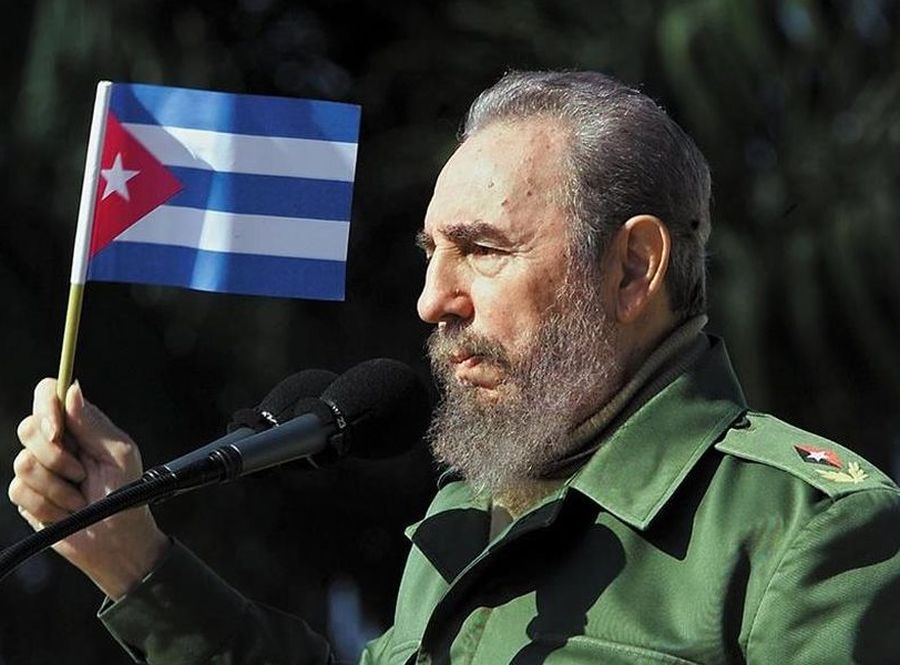The event was convened by the Cuba Si New York-New Jersey Committee to honor the revolutionary leader, who died on November 25, 2016

Cuban Permanent Representative at the United Nations Anayansi Rodriguez expressed gratitude here for the tribute paid by New Yorkers to revolutionary leader Fidel Castro in Harlem.
‘The whole work of his life, dedicated to forge that better world we believe is possible, multiplies on you, in your firm solidarity with Cuba, and reaffirms our commitment to being faithful to the legacy of Fidel,’ Rodriguez said at the event, held at the Malcolm X and Dr. Betty Shabazz Memorial and Educational Center.
The diplomat stated that Cuba would never forget the firm support received from the sons and daughters of Harlem and all the worthy son and daughters of the United States, ‘who are the same who are increasingly seeking that the blockade is lifted and a normal and civilized relationship between both countries, without conditioning, is built.’
In her speech at the event, convened by the Cuba Si New York-New Jersey Committee to pay tribute to the revolutionary leader, who died on November 25, 2016, Rodriguez stressed Fidel’s relationship with the Big Apple, but particularly with the community of Harlem, a large neighborhood in the northern section of Manhattan. It was precisely here in Manhattan, on October 10, 1955, during a ceremony in which almost 800 people participated, when Fidel Castro made his historic statement, ‘In 1956, we will be free or we will be martyrs,’ she recalled.
The ambassador also recalled in a crowded hall at the Malcolm X and Dr. Betty Shabazz Memorial and Educational Center that Fidel Castro’s first trip to New York after the triumph of the Revolution was in September 1960 to attend the UN General Assembly.
The U.S. government’s hostility against Cuba was already growing, and the April 1961 aggression was almost ready by the CIA, a context in which the Cuban delegation was forced to leave one of the hotels in the city, she said.
According to Rodriguez, what happened later was presented by Fidel at the UN General Assembly, where he pointed out that ‘a humble hotel in this city, a hotel of blacks in Harlem, gave us lodging.’
A welcoming committee, one of whose members was Malcolm X, the extraordinary African-American leader with whom Fidel met in his hotel room, had already been established in this community, Rodriguez explained in a speech interrupted several times by applause, in the same facility where Malcolm X was assassinated in February 1965.
The Cuban diplomat told the participants in the tribute that the revolutionary leader returned three more times to New York to attend UN forums held in 1979, 1995 and 2000, and ‘on the last two occasions, he could feel again the warmth of solidarity and friendship of this town, in emotional meetings that were organized here. And Fidel always returned that affection with sincerity and love.’
In her words of gratitude, Rodriguez reiterated the Cuban people’s commitment to Fidel Castro’s legacy, and highlighted the encouragement that, in the face of this effort, the solidarity of U.S. citizens, New Yorkers and, particularly, Harlem, represents.
 Escambray ENGLISH EDITION
Escambray ENGLISH EDITION





Escambray reserves the right to publish comments.